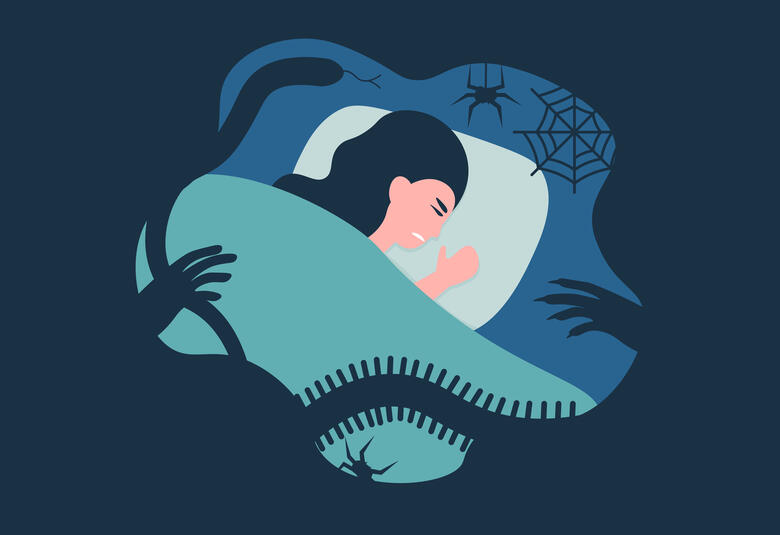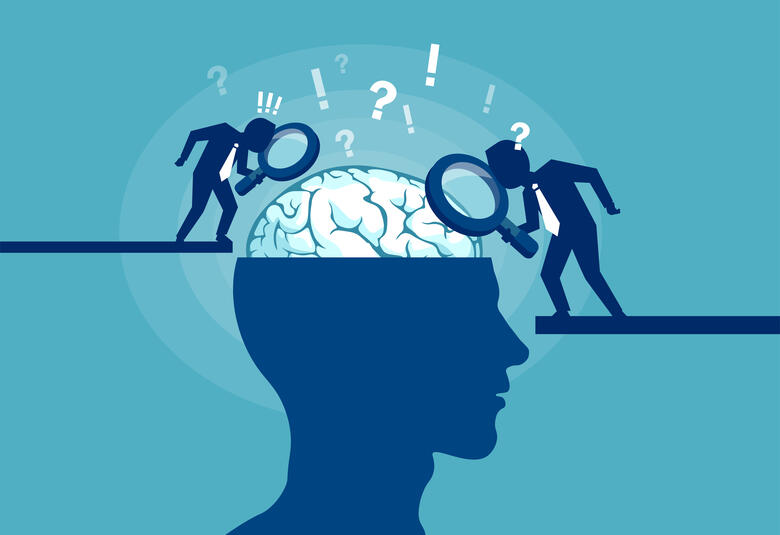Meaningful connection to other people is as essential to health as the air we breathe. So the stigma that sets people with mental health problems apart from others is damaging in the extreme – to the individuals affected, and to wider society.
To combat stigma, we need to understand its nature and causes. Relatively little such research has been conducted in Central and Eastern Europe.
Dzmitry Krupchanka, National Institute of Mental Health, Klecany, Czech Republic, told EPA 2019 in Warsaw that he had found only thirty papers on the topic published – in any language – over the past 25 years. Yet evidence suggests that stigma against people with serious mental illness is greater in this region than in other areas of Europe.1 This applies to the general population but also among health care professionals (HCPs).
Need for evidence-based intervention against stigma
The aspects of life seen as being most threatened by mental illness and associated stigma also show interesting cross-cultural differences.
Using the Reported and Intended Behaviour Scale (RIBS), Winkler et al. studied the prevalence of stigma in the Czech Republic and in England.2
Fewer than 10% of the Czech population strongly agreed with the statement that they would be willing to live, work or continue a relationship with someone who had mental health problems. The comparable figure in England was more than 30%.
The aspects of life seen as being most threatened by mental illness and associated stigma also show interesting cross-cultural differences. In India, worry is focused mostly on marriage prospects and the inability to meet gender role expectations. In Belarus, marriage also features as a concern, along with family image and career success. But in the Czech Republic, the main concern is the loss of ability to live an independent and productive life.
In many countries, there is a strong element of self-stigma among people with mental health problems
A common feature in Eastern and Central Europe, Dr Krupchanka noted, is the idea that poor mental health is a burden imposed by fate or destiny, and that this burden has to be accepted by the person affected.
The patient advocacy group GAMIAN has undertaken two surveys into the extent of self-stigma, and the next one already is planned.
Peer support can offer something unique
People who have themselves experienced severe mental health problems may be able to offer emotional and practical support to others based on a shared experience of adversity. Steve Gillard, St George’s, University of London, UK, applauded the principle of peer support, but argued that we may not be making most effective use of what is different about people who are “experts by experience”.
That said, a recent randomized trial showed that a self-management intervention facilitated by peer support workers reduced rates of hospital readmission during the year after discharge from acute care by a mental health crisis team.3
If peer support is available, we should use what makes such people distinctive. That includes a relationship in which both parties are invited to learn and grow. This is different from the unidirectional relationship, which is more likely with an HCP.
Peer support could be an untapped resource in all countries, including those of low-middle income, said Dr Gillard. And it may be helpful to concentrate peer resources on difficult times of transition, such as being alongside people as they are discharged from hospital and begin to re-engage with their community.
Help can be offered by people who have themselves experienced mental distress and used health services
Healthcare professionals can also be volunteer helpers
People who have no lived experience of mental health problems but who are healthcare professionals also volunteer to support recovery and tackle social isolation in ways that go beyond their formal role. Mariana Pinto da Costa, Queen Mary University of London, UK and University of Porto, Portugal, has conducted focus groups in Porto, Brussels and London to understand how professionals and service users see this relationship.
Among many positives in such work, she finds a difficult ambivalence: does the interaction between a service user and a volunteer healthcare professional seem like friendship; or does it feel like just another relationship with a professional, which is bound by rules and goal-setting? Or does it fit somewhere in between?
Closing the session, Hilkka Kärkkäinen, President of GAMIAN-Europe, emphasized that social isolation is not just loneliness. It can be complete or near-complete lack of contact with society – a way of life in which (according to a case history she presented) visiting the grocery store may be the only social event of the day, and even that has to be done at night. Such an outcome is an individual and collective tragedy, given the nature of social contact as the breath of life.
Our correspondent’s highlights from the symposium are meant as a fair representation of the scientific content presented. The views and opinions expressed on this page do not necessarily reflect those of Lundbeck.




